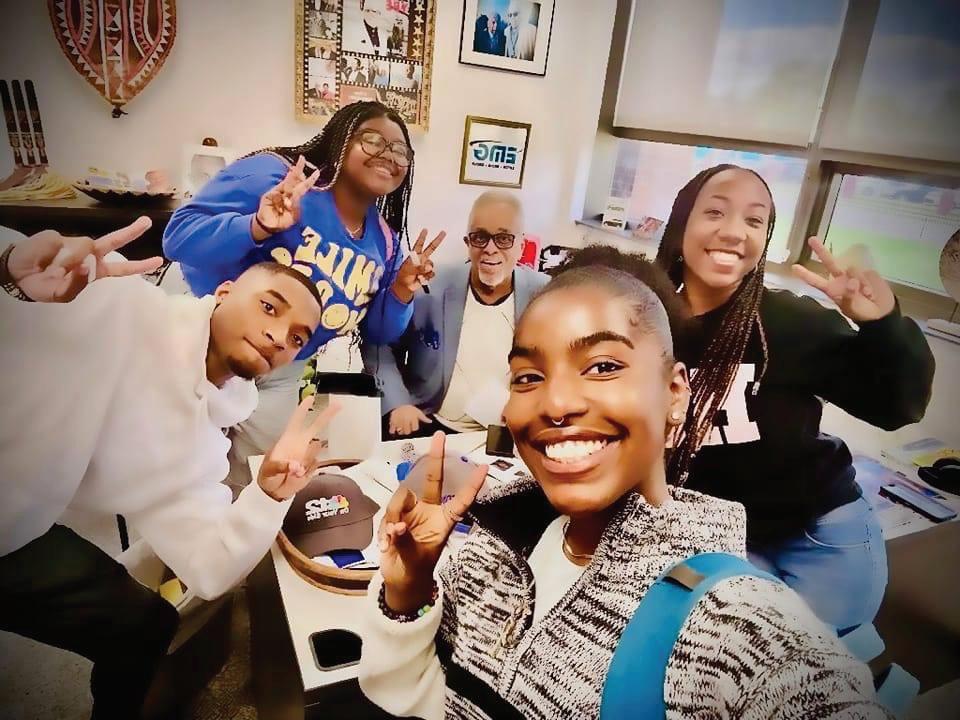
2 minute read
“The Bigger We Is The Better We”
As we commemorate the 60th Anniversary of the 1963 March on Washington for Jobs and Freedom, this nation is facing increased backlash to racial progress. From the banning of books to the elimination of Black History curriculum and affirmative action in our schools, to the attacks on racial equity and DEI work in public institutions and agencies, the need for racial justice is more evident now than ever.
Democracy, and a vision of a multiracial democracy where all people can have the same outcomes, is on the line, and America must wrestle with how to transform systems to be more equitable. As Glenn Harris, president of Race Forward, says, “We can’t get to a multiracial democracy without racial justice and we can’t get to racial justice without a multiracial democracy.”
While racial justice is the vision, racial equity is the process of eliminating racial disparities. It is the intentional and continual practice of changing policies, procedures, systems, and structures by prioritizing measurable change in the lives of people of color and other underserved populations.
In these times of deep polarization across this nation, how do we get there? We must build the collective power to transform our institutions, policies, and practices across sectors. We must put forth a more endearing and enduring narrative of how we all thrive when no group of people are left behind. In essence, “The Bigger We Is The Better We.”
To achieve “The Better We,” we must not lose the momentum begun in 2020 after the murder of George Floyd. In the six months following his murder, our research shows the term “systemic racism” was used more than it had been in the previous 20 years. Yes, people were seeing the injustices caused by centuries of racial disparities. And, they wanted to talk about ways to eradicate these disparities.
Addressing systemic racism requires normalizing conversations about race, organizing within our communities and institutions for policy change, and operationalizing these changes. We cannot become preoccupied with individual actors versus the broader system. What Americans need today is substantive action that will lead to systemic change.
We know that the federal government has an immense opportunity to lead on racial equity and commend the Biden Administration for taking bold steps to do so with his historic issuance of two executive orders mandating federal agencies and departments to create and implement Equity Action Plans to eradicate policies and systems that for centuries have resulted in inequitable outcomes for people of color.
Those of us in the community have work to do also. We must continue registering and voting for local, state, regional and federal candidate who share our vision of a just, multiracial society. The power of local officials became evident earlier this year in Tennessee when they reinstated State Representatives Justin Jones and Justin J. Pearson after they were expelled for protesting gun violence.
We cannot lose hope. Not for a single moment. There is a real opportunity to elevate the conversation and move to action.
If you need tools to help you become part of the movement for racial justice, we offer Building Racial Equity trainings. Visit raceforward.org/training-%26-events/training-overview.


















